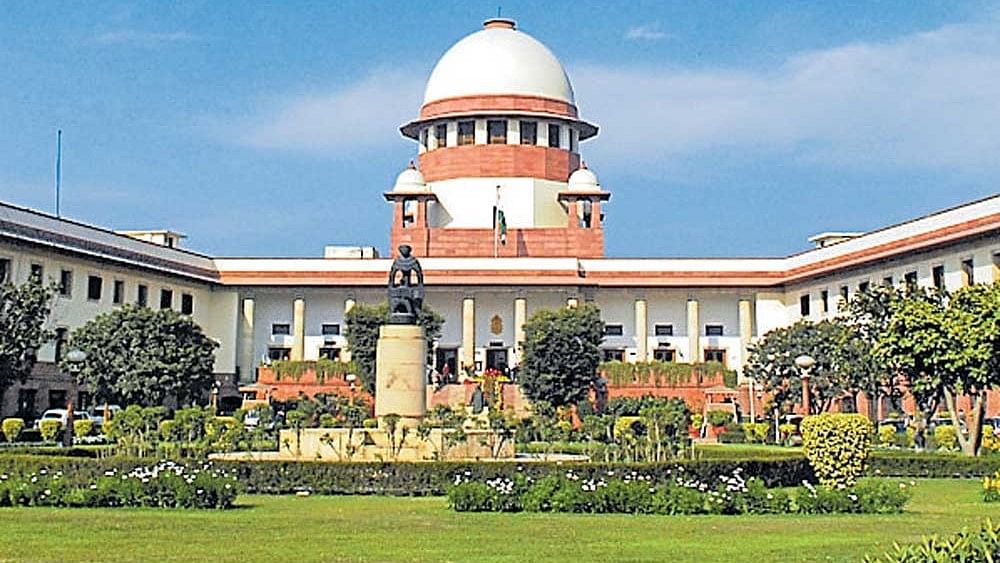
Supreme Court.
Credit: DH File Photo
The Centre has asked the Supreme Court to discharge it from an oral assurance given by it that the government would not take any precipitative action on the decision for the environmental release of genetically modified mustard for seed production and testing.
In an application, the Union government underscored that the matter concerning huge policy implications related to agricultural output and farmers income deserved early resolution.
However, the process sanctioned under the conditional approval on October 25, 2022 must continue and arrive at its conclusions as its statement made on November 3, 2022 was not intended to halt the entire process of research or testing, it added.
With the second growing season under the conditional approval granted by the Union government approaching in the months of September and October of 2023, the Centre asked the court to consider discharging it from the oral statement made in a specific context for a limited purpose at the relevant time.
Taking the application on record, a bench of Justices B V Nagarathna and Ujjal Bhuyan on Tuesday sought a response from the petitioner NGO Gene Campaign and others and put it for consideration next week.
In its plea, the Centre said the facts placed by the Union government in the additional affidavit on November 09, 2022 supplemented by the detailed submissions made before this court in the course of several hearings clearly showed that the conditional approval of environmental release of GM mustard hybrid DMH-11 has been the result of well-considered scientific evaluation, expert deliberation and regulatory review over the course of nearly 12 years, under a comprehensive regulatory regime.
"The oral statement on behalf of the Union of India on 03.11.2022 was made in the specific context of the present matter being listed for final hearing in the following week and was not intended to halt the entire process of research/testing under the conditional approval granted by the government of India for an extended period of time," it said.
The application stated that mustard is the most important edible oil and seed meal crop of India.
"At present, India meets nearly 55-60 % of its edible oil demand through imports. As such, indigenous development of transgenic varieties through the male sterility/restorer system is a critical element in ensuring India's future food security as this technology will be utilised to produce new hybrids with higher yields in future, thereby increasing agricultural output and farmer income," it said.
The government also clarified that as per the conditional approval, environmental release of GM mustard hybrid DMH-11 is for its seed production and testing as per existing ICAR guidelines and other extant rules/regulations prior to commercial release.
"The commercial release of GM mustard hybrid DMH-11, in accordance with the regulatory regime, will be consequential to and determined by the results/ findings of its testing undertaken as per extant guidelines/rules/regulations," it said.
The court was seized of an application by activist Aruna Rodrigues, which questioned the validity of the GEAC's (Genetic Engineering Appraisal Committee) decision of October 18 2022, and subsequent decision of the Ministry of Environment and Forests and Climate Change of October 25, 2022 to allow environmental release of genetically modified mustard/ HT mustard /DMH 11 in five states.
